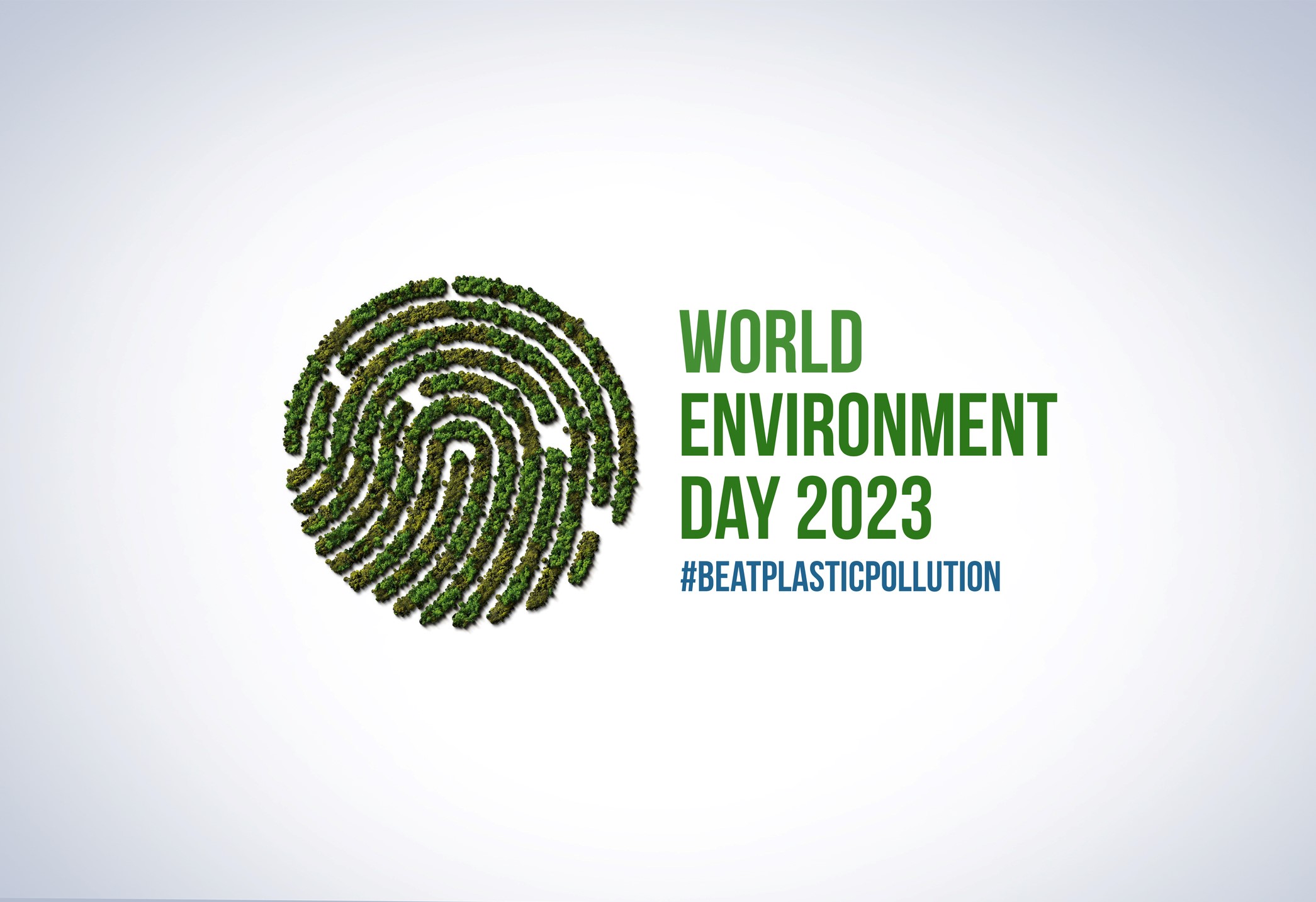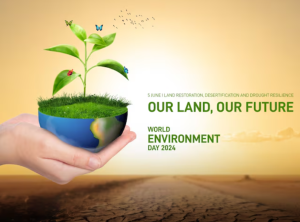There is a gamut of innovative technologies from renewable energy sources to smart grids that have the potential to pave the way for a more sustainable planet. Several businesses are now harnessing the power of these technologies and solving for climate change.
Electric Vehicles (EVs): EVs are environment-friendly as they produce zero tailpipe emissions, meaning they don’t release harmful pollutants like carbon monoxide into our atmosphere. By choosing EVs, we can contribute to reducing air pollution and combating climate change. The government is also advocating the use of electric cars and scooters to reduce our dependence on fossil fuels and promote the use of renewable energy sources. Various incentives and subsidies have been offered to promote the adoption of EVs in India and make them affordable for consumers. Many cars and automakers in India have now joined the EV race and are manufacturing hybrid models and developing the necessary infrastructure for it.
Renewable Energy: Renewable energy sources such as solar, wind, and hydropower, have gained significant momentum in recent years as a cleaner and more sustainable alternative to fossil fuels. Several Indian tech companies like Capgemini have transitioned to 100% renewable energy through onsite renewable energy generation, offsite renewable energy purchase through power purchase agreements, and green power purchasing through utility programs. Other consumer tech majors too are pursuing sustainability goals and have integrated them into their operations to reduce CO2 emissions. Some of the focus areas for brands moving towards sustainability include setting a target of enhancing their share of renewable energy usage to 50% of total energy consumption, meeting 100% of purchased grid electricity requirements from renewable sources and creating rainwater harvesting to save water.
Smart grids: A modern transmission grid is vital to achieving the government’s vision to provide 24×7 reliable and affordable power to the people and also meet sustainability goals.Smart grids are advanced electricity networks that utilize modern technologies to optimize the generation, distribution and consumption of electricity. By incorporating real-time monitoring and data analysis, companies can enhance energy distribution and consumption, which will lead to improved load balancing, demand response, and efficient energy storage. Smart grids have emerged as a pivotal tool in the fight against climate change, alongside the adoption of renewable energy sources. Power exchanges like IEX play a major role here and are at the forefront of helping India achieve its net zero targets and become a sustainable energy economy.
A strategic combination of renewables, smart grids, a switch to EVs and other such measures, along with supportive government policies, robust financing, investments and tech innovations will help India combat climate change and accelerate India’s journey of becoming net zero by 2070.




